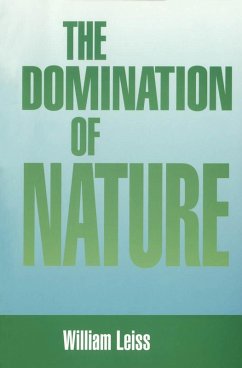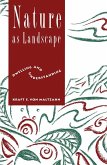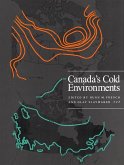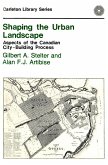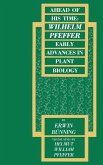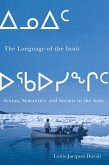In Part One Leiss traces the idea of the domination of nature from the Renaissance to the nineteenth century. Francis Bacon's seminal work provides the pivotal point for this discussion and, through an original interpretation of Bacon's thought, Leiss shows how momentous ambiguities in the idea were incorporated into modern thought. By the beginning of the twentieth century the concept had become firmly identified with scientific and technological progress. This fact defines the task of Part Two. Using important contributions by European sociologists and philosophers, Leiss critically analyses the role of science and technology in the modern world. In the concluding chapter he puts the idea of mastery over nature into historical perspective and explores a new approach, based on the possibilities of the "e;liberation of nature."e; Originally published in 1972, The Domination of Nature was part of the first wave of widespread interest in environmental issues. These issues have reemerged in many industrialized countries, reinforced by planetary dynamics such as threats of global warming (or cooling) and ozone depletion. In an extensive new preface Leiss explains why his study is as relevant as ever.
Dieser Download kann aus rechtlichen Gründen nur mit Rechnungsadresse in A, B, BG, CY, CZ, D, DK, EW, E, FIN, F, GR, HR, H, IRL, I, LT, L, LR, M, NL, PL, P, R, S, SLO, SK ausgeliefert werden.

